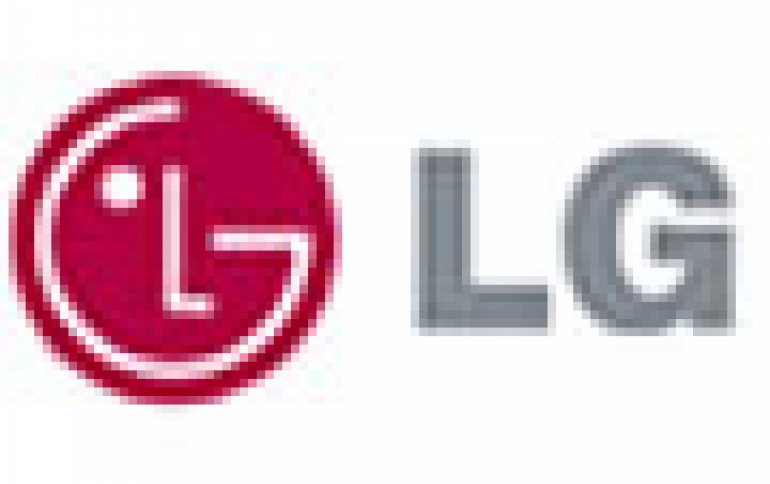
LG Claims Advanced Fuel Cell
LG has developed a new micro fuel cell powered by methanol. The fuel cell has cost LG Chem more than 5 billion won (US$4.82 million) over the past five years to develop, will be commercialized this year.
LG Chem will be the first company to put the fuel cell on the market, the company said, adding that it will replace widely used lithium batteries.
Methanol fuel will be used to power the fuel cell. The durability of LG Chem's fuel cell lasts for more than 4,000 hours, which is 8 times longer than competitive products, according to the company. This means thart a 25-watt fuel cell can run a laptop computer for more than 10 hours with a single charge.
Unlike batteries, which require recharging, fuel cells can continuously produce electricity under the condition that fuel is constantly supplied. A portable fuel cell can be largely classified into methanol fuel cell and a hydrogen macromolecule fuel cell that requires a miniature reformer. LG Chem is pushing so-called Direct Methanol Fuel Cell (DMFC) technology. "The hydrogen macromolecule fuel is not adequate to be applied on mobile IT devices since it requires a macro reformer or a hydrogen storage container to generate power," the company said. "On the other hand, the DMFC can contain higher levels of energy and uses less dangerous methanol to generate power; therefore, the DMFC is widely being developed over the hydrogen macromolecule fuel cell."
"It will be used in diverse mobile electronics products such as laptops and cellular phones," said Jong-Kee Yeo, president and chief technology officer of LG Chem, in a statement.
The new fuel cell is temporarily priced around 500,000 won (US$480).
LG Chem is also developing a 50-watt fuel cell with a view to commercializing it by 2007. The upgraded fuel cell will be used to activate such items as digital multimedia broadcasting phones, which consume much more electricity, the official said.
Toshiba has also developed two prototype direct methanol fuel cell (DMFC) units and has began tests to validate their operation with mobile audio players. Th ecompany plans to support integration of DMFC into commercial products after 2007.
Methanol fuel will be used to power the fuel cell. The durability of LG Chem's fuel cell lasts for more than 4,000 hours, which is 8 times longer than competitive products, according to the company. This means thart a 25-watt fuel cell can run a laptop computer for more than 10 hours with a single charge.
Unlike batteries, which require recharging, fuel cells can continuously produce electricity under the condition that fuel is constantly supplied. A portable fuel cell can be largely classified into methanol fuel cell and a hydrogen macromolecule fuel cell that requires a miniature reformer. LG Chem is pushing so-called Direct Methanol Fuel Cell (DMFC) technology. "The hydrogen macromolecule fuel is not adequate to be applied on mobile IT devices since it requires a macro reformer or a hydrogen storage container to generate power," the company said. "On the other hand, the DMFC can contain higher levels of energy and uses less dangerous methanol to generate power; therefore, the DMFC is widely being developed over the hydrogen macromolecule fuel cell."
"It will be used in diverse mobile electronics products such as laptops and cellular phones," said Jong-Kee Yeo, president and chief technology officer of LG Chem, in a statement.
The new fuel cell is temporarily priced around 500,000 won (US$480).
LG Chem is also developing a 50-watt fuel cell with a view to commercializing it by 2007. The upgraded fuel cell will be used to activate such items as digital multimedia broadcasting phones, which consume much more electricity, the official said.
Toshiba has also developed two prototype direct methanol fuel cell (DMFC) units and has began tests to validate their operation with mobile audio players. Th ecompany plans to support integration of DMFC into commercial products after 2007.


















